Have you ever met a cat that greets you at the door, plays fetch, or even wags its tail? It’s not a myth—some cats really do behave more like dogs than the stereotypical aloof feline. If you’re a cat lover (or a dog person thinking about a feline companion), adopting a cat with these surprising, dog-like traits might flip your expectations upside down. It’s thrilling, confusing, and downright heartwarming all at once. Imagine curling up on the couch, only to have your “cat” plop down beside you, looking at you with the same eager devotion you might expect from a golden retriever. But what does this mean for your home, your routine, and your heart? Let’s dive into the extraordinary world of cats with canine personalities and see what really happens when you bring one home.
The Joy of Unexpected Loyalty

Adopting a cat that acts like a dog can be a genuinely touching experience. These cats often form incredibly close bonds with their humans, following them from room to room and seeking out attention in ways that feel more “dog” than “cat.” It’s like having a furry little shadow that’s endlessly curious about your every move. This loyalty can make you feel chosen in a way that’s completely different from the typical independent cat vibe. For many, it brings a sense of companionship that’s constant and comforting. You might even notice your cat waiting for you at the door when you get home, tail twitching with excitement. This unique connection is a daily reminder that every cat has its own personality, and some are just born to be your best buddy.
Playtime Like Never Before

Forget the stereotype of the lazy, nap-loving cat who ignores toys. A dog-like cat will surprise you with its boundless energy and love for playtime. These cats often enjoy fetch, tug-of-war, or even learning tricks, much to everyone’s amazement. You might find yourself tossing a ball and having your cat bring it right back, over and over, just like a pup. It’s hilarious and unexpected and turns regular play sessions into something special. Instead of watching your cat bat around a toy for a few seconds before wandering off, you’ll be part of an active, interactive routine. This playful behavior not only provides entertainment but also builds a stronger bond between you and your new friend.
Learning Tricks and Training

Dog-like cats often possess remarkable intelligence and a willingness to learn. Unlike the average feline, these cats may respond to treats, clicker training, or even simple commands. You could teach your cat to sit, stay, high-five, or come when called. Training sessions become a fun way to engage your pet’s mind and deepen your relationship. Sometimes, these clever kitties even learn to walk on a leash, making outdoor adventures a real possibility. People are often shocked to see a cat walking politely down the sidewalk or doing tricks for visitors. This trainability makes these cats a dream for owners who want to go beyond basic pet care and really interact with their furry companion.
Social Butterfly Tendencies

Unlike many cats who run and hide when guests arrive, dog-like cats tend to be social butterflies. They may greet visitors at the door, mingle at parties, and even demand attention from strangers. This outgoing nature can be a delight for households that love entertaining. It’s not uncommon for these cats to become the life of the party, weaving between legs, accepting pats, and even sitting in laps. Their friendliness can help break the ice and make everyone feel at home. Owners often find themselves fielding questions like, “Are you sure that’s a cat?” Their social skills turn every gathering into a new adventure.
Unusual Vocalizations and Communication

These unique cats often develop a wide range of vocalizations and communication styles. Instead of the typical meow or purr, you might hear chirps, trills, or even something that sounds remarkably like a bark. Some will “talk” to you throughout the day, expressing their needs and opinions in a way that feels uncannily conversational. This makes it easier to understand what your cat wants, whether it’s food, playtime, or just some affection. The back-and-forth can sometimes feel like a real conversation, building a deeper level of understanding between pet and owner. It’s both amusing and touching, and it makes for a lively household.
Affection on Their Own Terms—But More Often

Most cats are known for being independent, sometimes even standoffish. But a dog-like cat breaks this mold by actively seeking out affection—and often giving it back. Whether they’re curling up on your lap, nuzzling your hand, or rubbing against your legs, these cats are often more physically affectionate than their feline peers. They might even “ask” for belly rubs, something most cats shy away from. This constant closeness can be deeply comforting and makes every moment at home feel a little warmer. You’ll never feel alone with a cat like this around.
Following You Everywhere

Get ready for a constant companion. Dog-like cats are notorious for following their humans everywhere—yes, even to the bathroom! This behavior can be endearing, if sometimes a little overwhelming. It’s like having a tiny, furry shadow that never wants to let you out of its sight. For people who enjoy the feeling of always having company, this trait is a huge bonus. You might catch your cat peeking around doors, hopping onto counters, or squeezing into tight spaces just to be near you. It’s a daily reminder of how much you matter to them.
Leash Walking and Outdoor Adventures
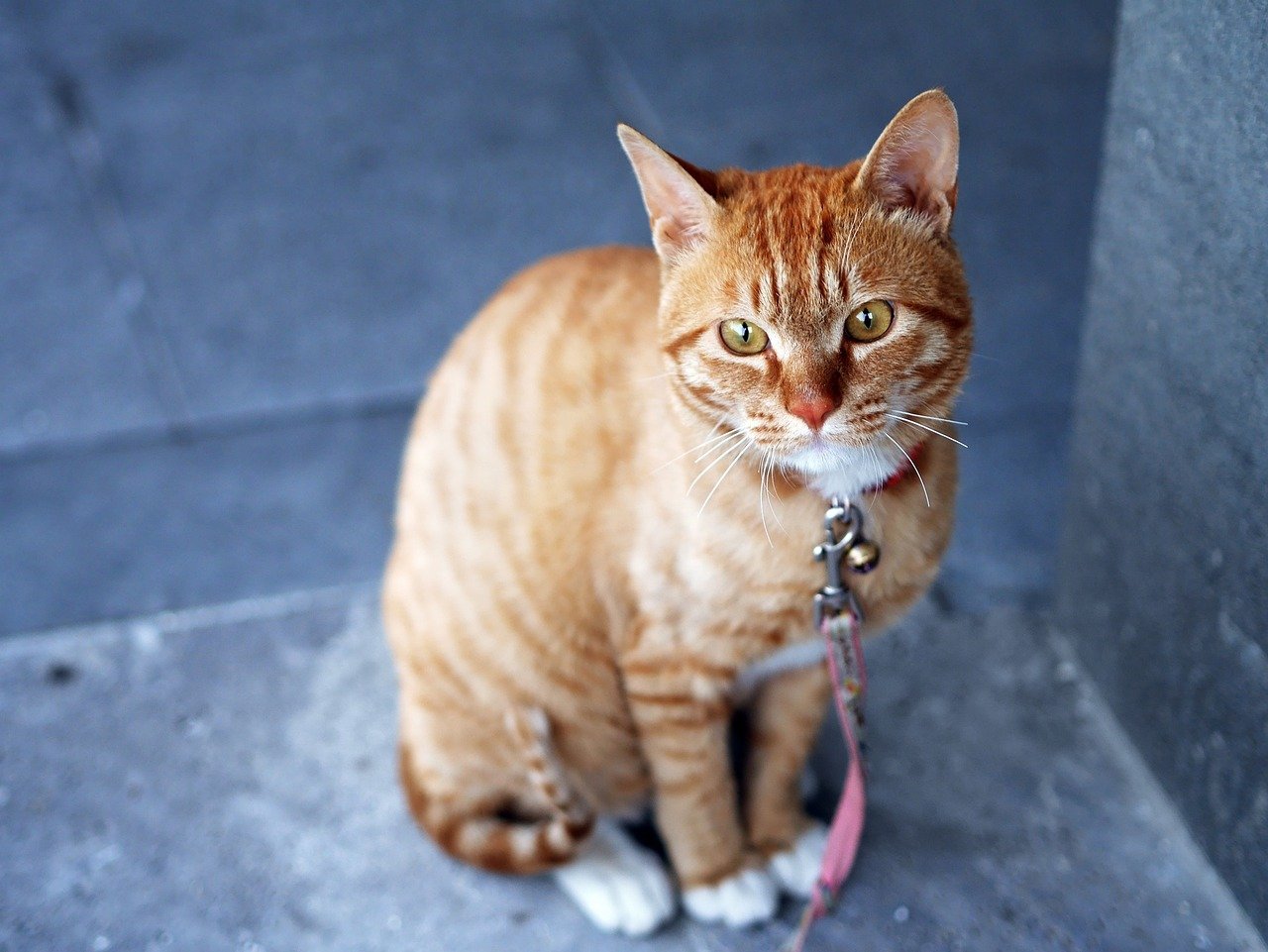
If you’ve ever wished you could take your cat on walks, dog-like cats are often up for the challenge. With patience and training, many learn to wear a harness and enjoy strolls outside. This opens up a whole new world of adventures, from quiet walks in the park to exploring your own backyard together. It’s a fantastic way to keep your cat stimulated and healthy, and it offers a bonding experience that’s rare in the feline world. Watching your cat sniff the grass, chase butterflies, or simply bask in the sun on a leash is an absolute joy. You’ll get plenty of amazed looks from neighbors, too.
Protective Instincts

Some dog-like cats even develop protective instincts, keeping a watchful eye on their home and family. They might alert you to strangers, “guard” the front door, or place themselves between you and perceived threats. While they may not bark, their presence is often felt as a reassuring force. This behavior can be particularly comforting for people living alone or those who appreciate an attentive pet. It’s a reminder that love can come with a side of fierce loyalty—even from a cat. Their protective nature adds a layer of security to your home life.
Unique Sleeping Habits

While all cats love their naps, dog-like cats often choose to sleep near or even on their humans. Instead of curling up in hidden corners, these cats want to share your bed, couch, or favorite chair. Their sleeping habits can feel more like a loyal dog than a secretive cat. You might wake up to find your cat snuggled against your side, purring contentedly. This physical closeness deepens your bond and makes for some incredibly cozy moments. It’s like having a living, breathing teddy bear who loves you back.
Fetching and Retrieving Toys
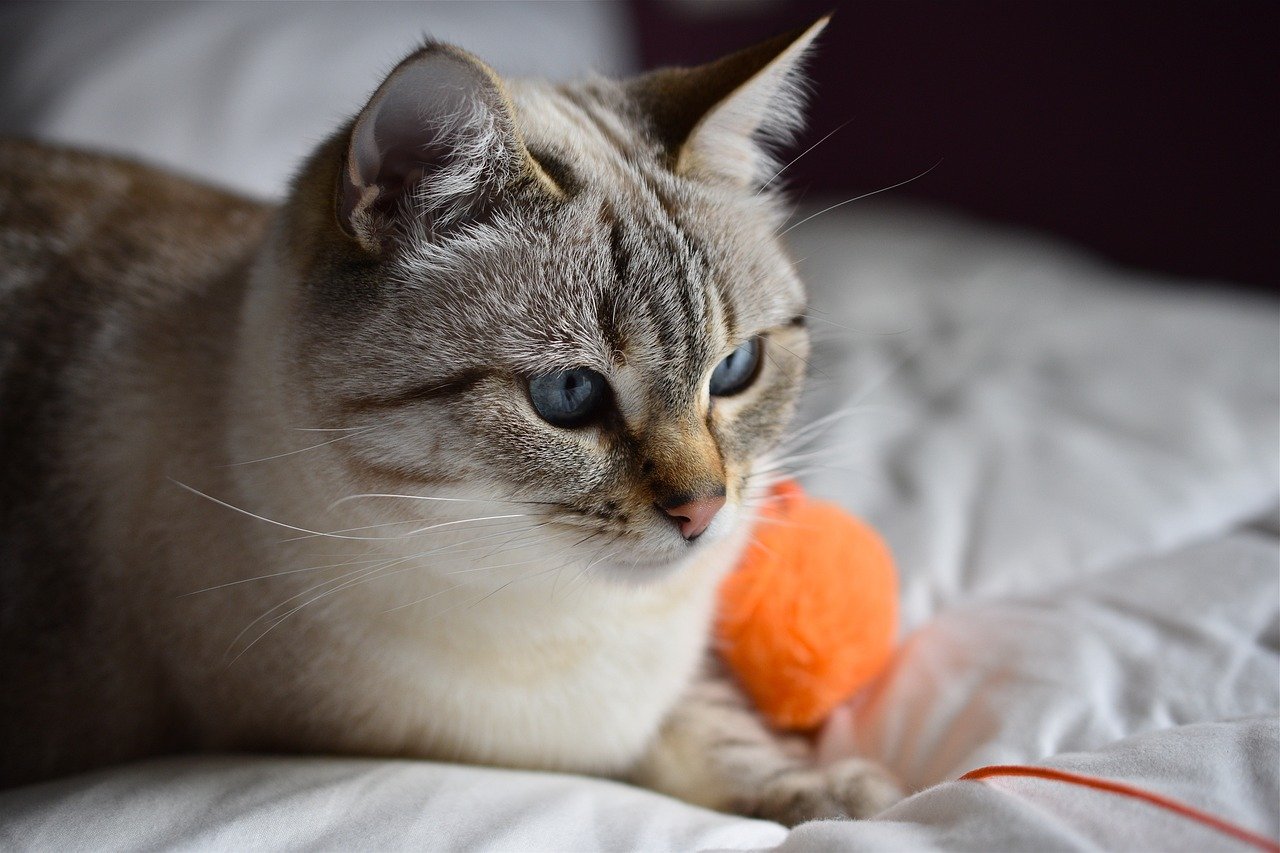
One of the most delightful dog-like behaviors is playing fetch. Some cats will chase after thrown toys, grab them, and bring them right back, tail held high. This isn’t a trick you usually expect from a feline, so it often takes new owners by surprise. Fetching provides great exercise and mental stimulation for your cat. It also makes playtime more interactive, giving you both a fun way to burn off energy. Over time, you might find your cat dropping toys at your feet, looking up expectantly for the next round.
Eating Habits and Food Motivation
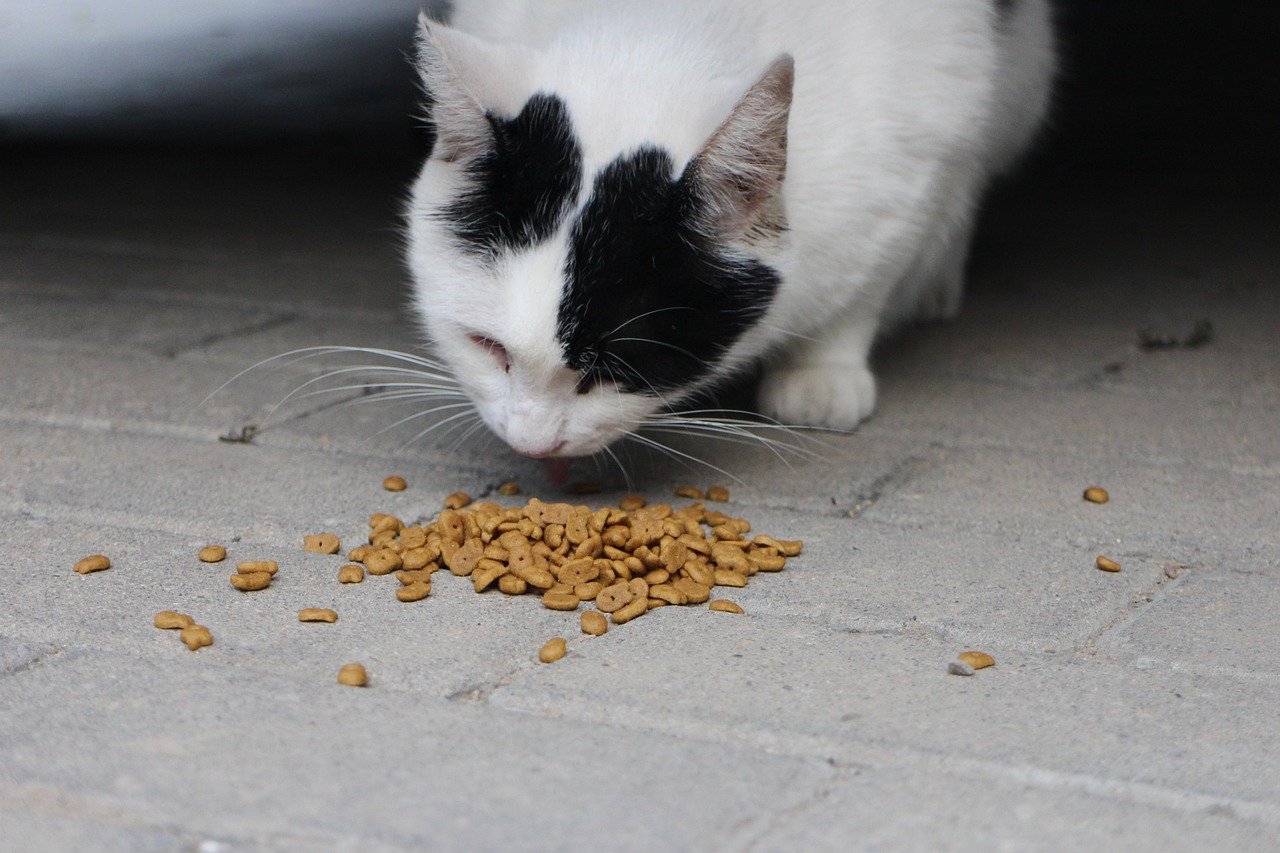
Dog-like cats often have a strong food drive, making mealtimes lively affairs. They might beg for treats, follow you to the kitchen, or even learn to open cabinets in search of snacks. This food motivation can be useful for training and reinforcing good behavior. However, it also means you’ll need to be vigilant about keeping food out of reach. Their enthusiasm for treats can lead to some hilarious antics, but it’s important to maintain a healthy diet and avoid overfeeding. These cats can make mealtime feel like a big event, full of anticipation and excitement.
Adapting to New Environments

Cats who act like dogs often adapt more easily to new environments or changes in routine. Whether you’re moving to a new house, bringing in a new pet, or hosting visitors, these cats are usually quick to adjust. Their confident, outgoing nature helps them cope with stress and embrace new experiences. This adaptability can make life simpler for owners who travel or frequently rearrange their living spaces. You’ll spend less time worrying about your cat hiding under the bed and more time enjoying their company, no matter where you are.
Bonding With Other Pets
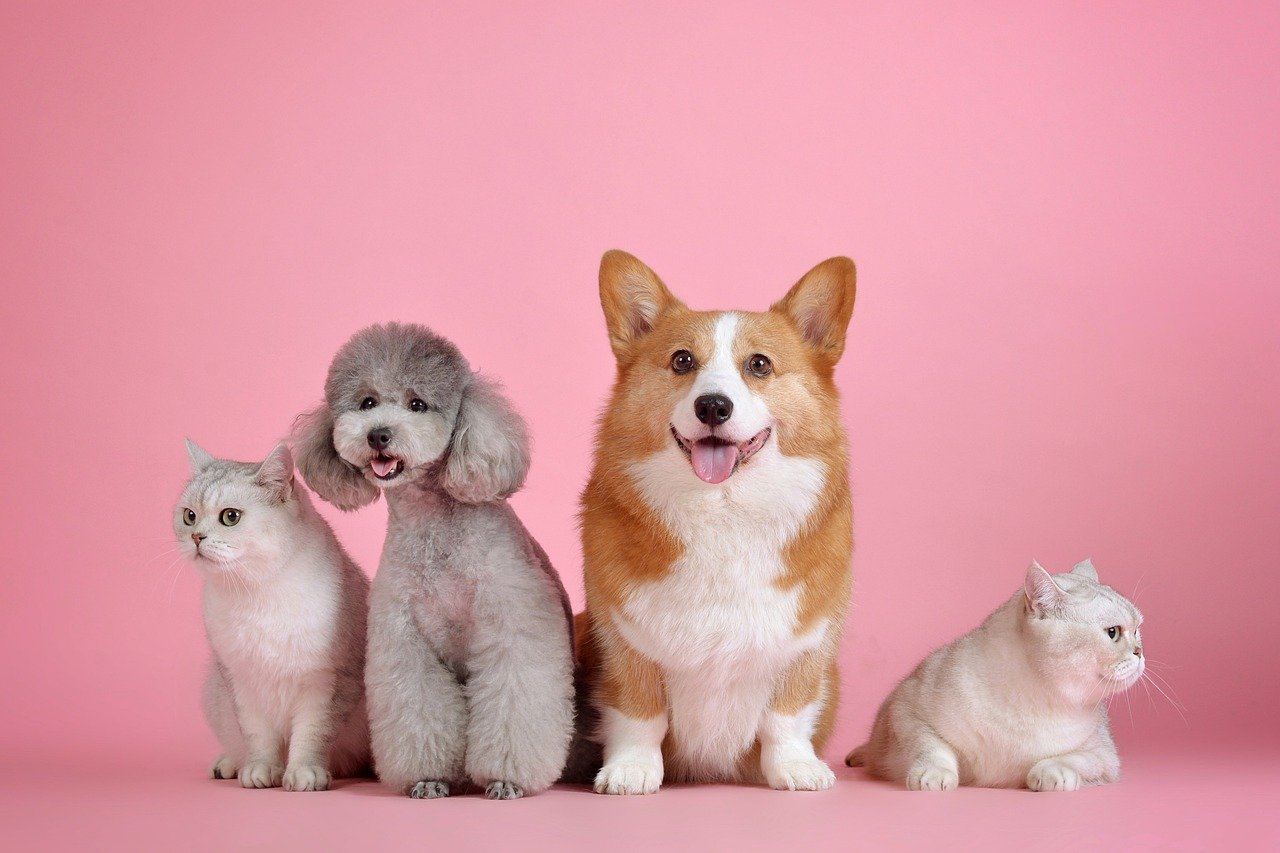
If you already have dogs or other animals at home, a dog-like cat may fit in more smoothly than you’d expect. These cats are often more tolerant and social with other pets, sometimes even forming close friendships. They might play, snuggle, or even groom their canine or feline siblings. This can create a harmonious household with less rivalry and more companionship. Watching your cat and dog curl up together or chase each other around the living room is a beautiful thing. It shows that friendship between species is absolutely possible.
Traveling With Ease

Traveling with a typical cat can be a challenge, but dog-like cats often handle trips better than their feline counterparts. Their curiosity, confidence, and attachment to their humans make them more willing to explore new places. Whether it’s a trip to the vet or a weekend getaway, these cats are usually up for the adventure. They may even enjoy car rides, peering out the window or curling up on your lap. Their relaxed attitude can make travel less stressful for everyone involved. You might find yourself planning more trips just to share adventures with your brave little companion.
Greater Emotional Sensitivity

Some dog-like cats display an uncanny sense of their owner’s emotions. They may offer comfort when you’re sad, sit close when you’re anxious, or celebrate when you’re happy. This emotional attunement can be especially valuable for people who struggle with stress or mental health challenges. Knowing that your cat “gets you” and responds to your mood creates a unique, supportive bond. It’s almost as if they’re saying, “I’m here for you, no matter what.” Their empathy can make tough days a little easier and good days even brighter.
Curiosity and Mischief
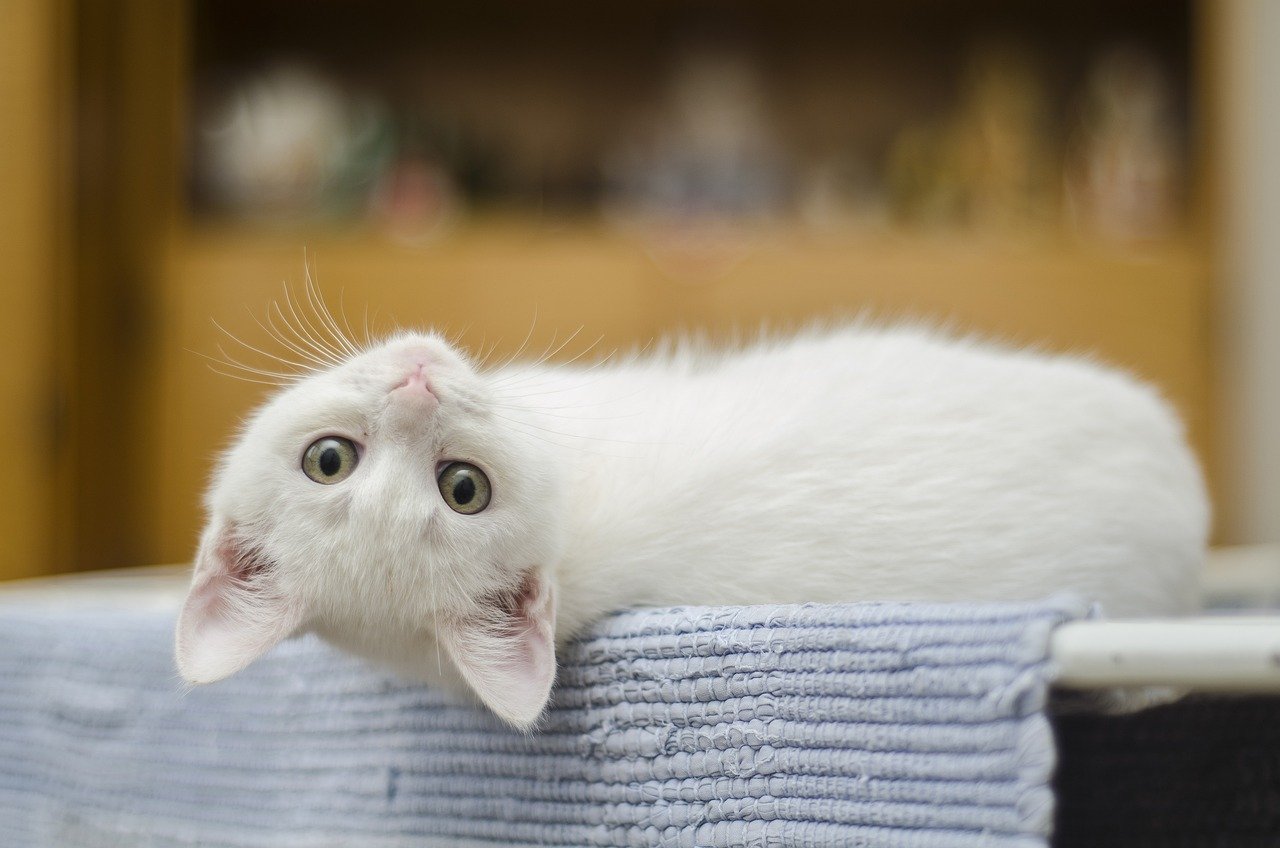
Curiosity may be a trait all cats share, but dog-like cats take it to another level. They’re often into everything, from opening doors to investigating every bag you bring home. This mischievous streak can lead to plenty of laughs—and, occasionally, a little exasperation. You’ll need to cat-proof your home more carefully, just like you would for a smart, sneaky dog. Their antics can be both hilarious and exhausting, but they ensure life is never boring. Living with one of these cats means being prepared for surprises around every corner.
Handling Separation Anxiety
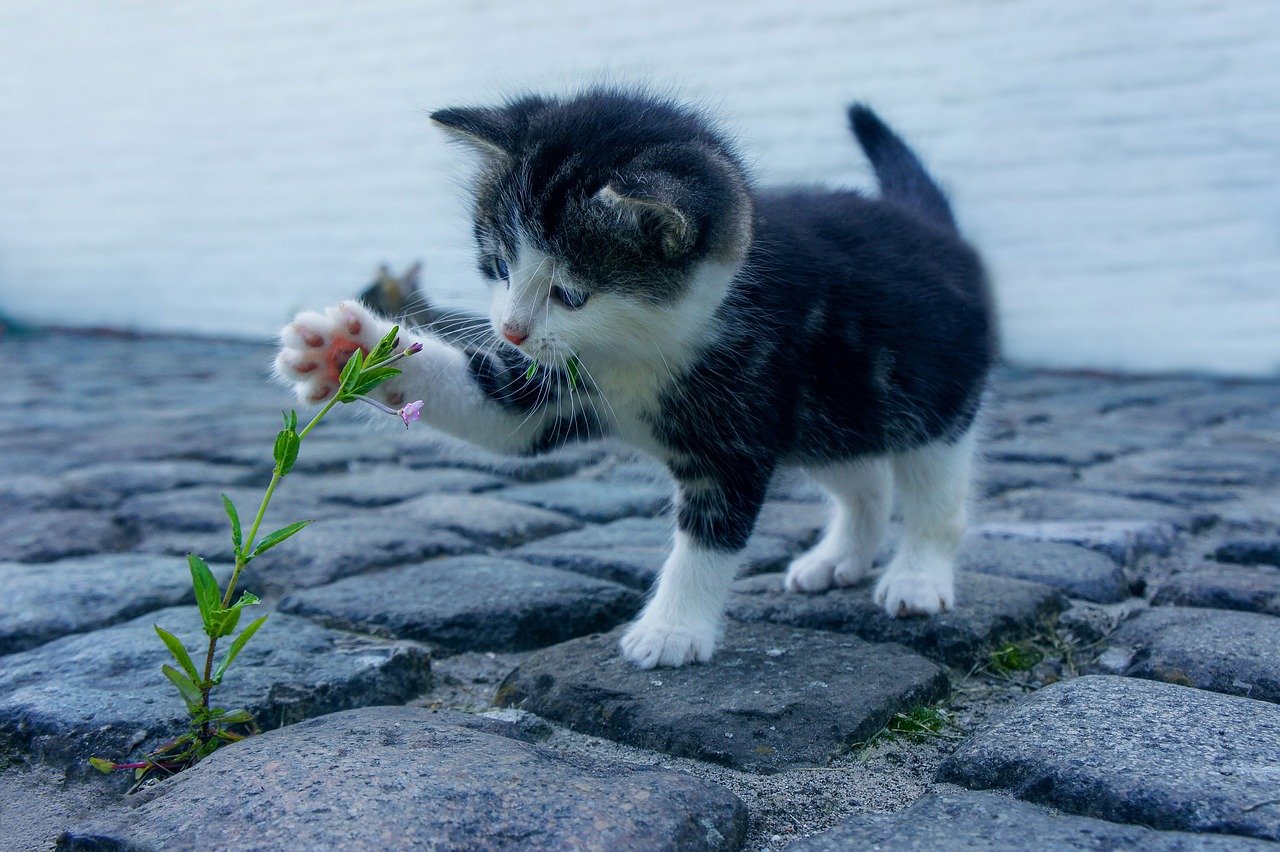
One challenge of adopting a dog-like cat is that they may struggle with being left alone. Their attachment to you means separation can cause stress or anxiety. You might notice your cat pacing, vocalizing, or acting out when you’re gone. To help, consider providing plenty of enrichment, like puzzle toys or window perches, and spend quality time together when you’re home. Some owners even set up pet cameras to check in during the day. Understanding and addressing separation anxiety is key to keeping your cat happy and healthy.
Grooming and Care Differences
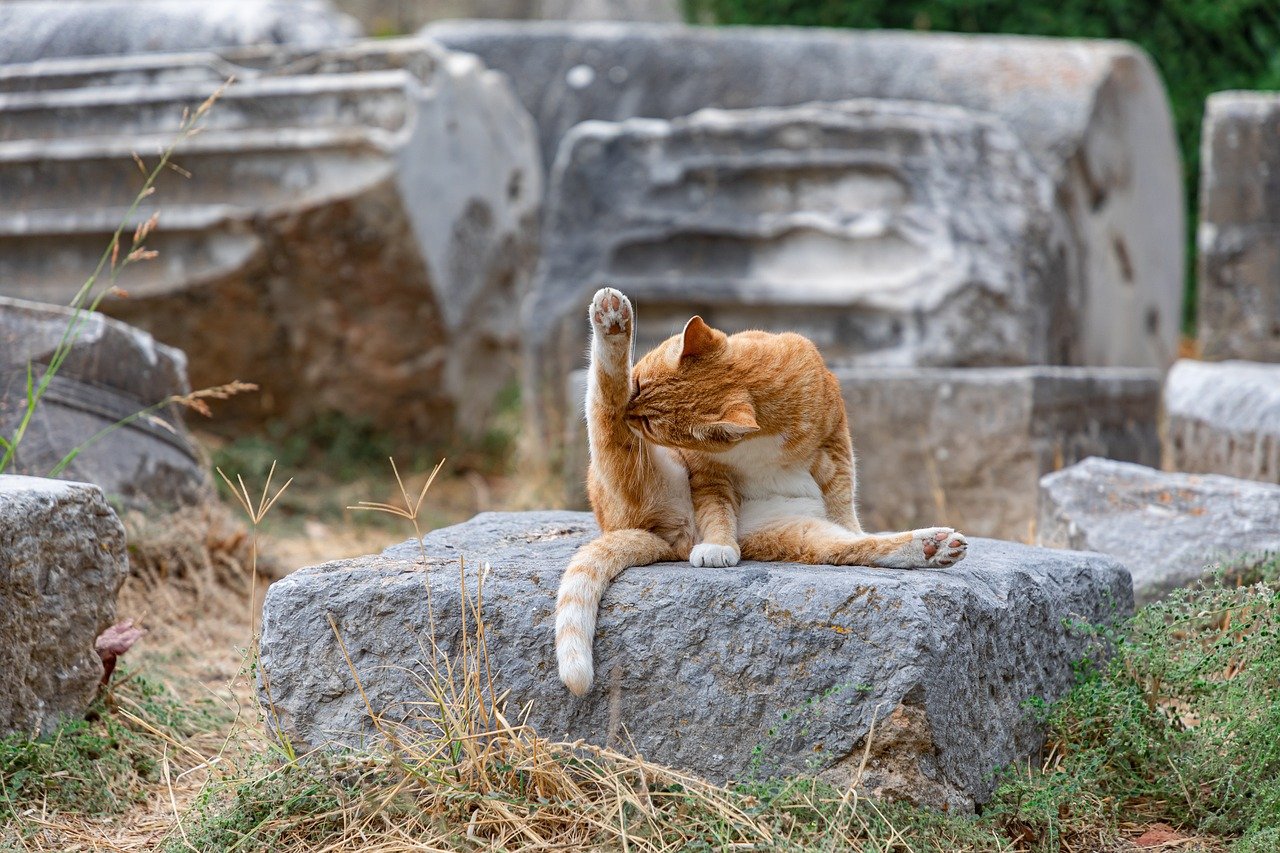
While grooming needs can vary by breed, dog-like cats often enjoy brushing and handling more than the average feline. They might see grooming as another chance for bonding, purring contentedly as you tend to their coat. Some will even roll over and “ask” for a belly rub. This cooperative attitude can make vet visits, nail trims, and medication time much easier. Their willingness to be handled is a blessing for any owner, making routine care feel less like a chore and more like quality time together.
A Pet That Defies Expectations

Bringing home a cat that acts like a dog is a journey full of surprises. You’ll have a pet who shatters every expectation, blurring the line between feline and canine in the most delightful ways. Every day brings something new, whether it’s a trick learned, a new adventure, or simply a moment of shared affection. These cats keep you on your toes and fill your days with laughter, love, and a touch of chaos. If you ever doubted that cats could be as loyal, playful, or affectionate as dogs, one of these special felines will prove you wrong in the best way possible.
Are You Ready for the Best of Both Worlds?
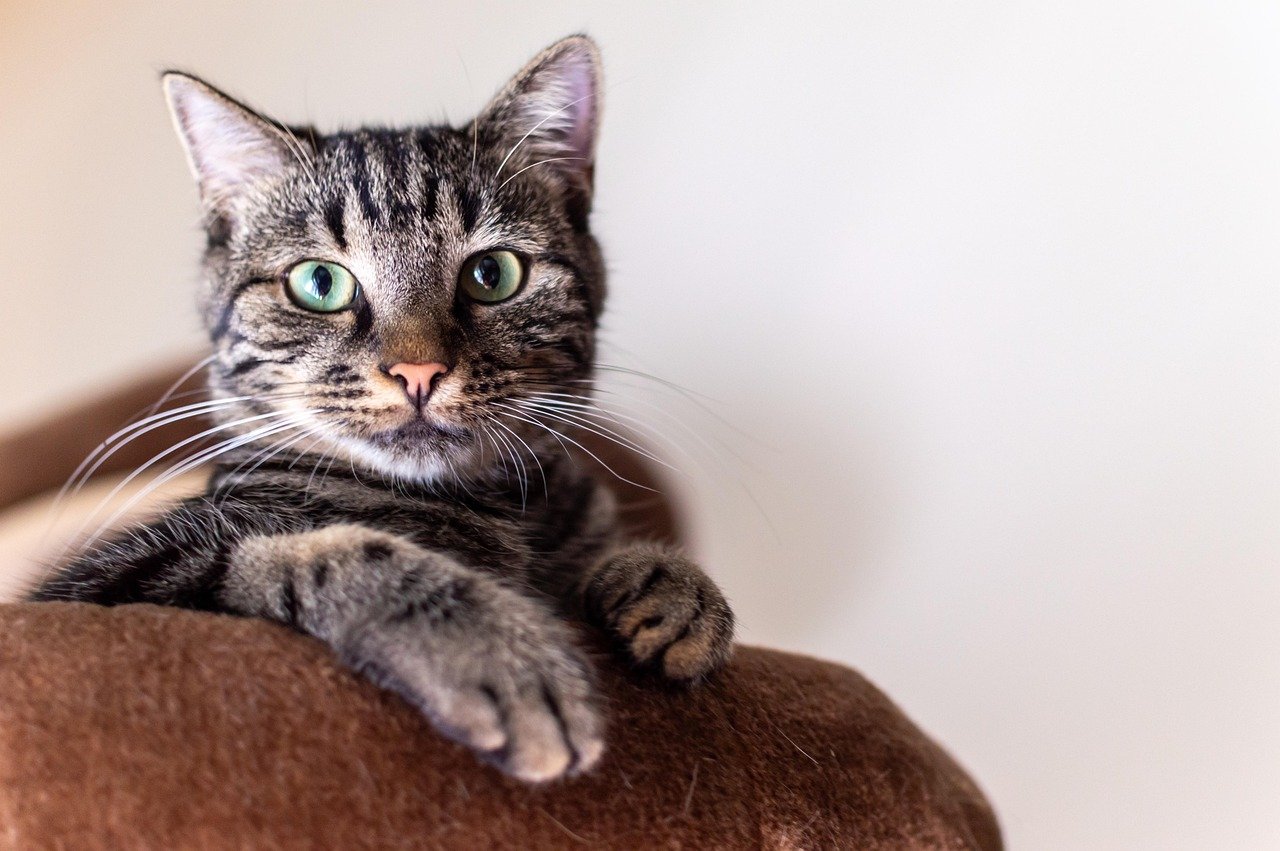
Adopting a cat with dog-like traits is not just about having a quirky pet—it’s about embracing a whole new kind of companionship. These cats offer the independence and grace of a feline, combined with the loyalty and exuberance of a dog. It’s a one-of-a-kind experience that challenges everything you thought you knew about pets. If you’re open to surprises, ready for endless affection, and willing to laugh at your cat’s next wild antic, you might just find that the best of both worlds really does exist in one extraordinary animal.
Hi, I’m Bola, a passionate writer and creative strategist with a knack for crafting compelling content that educates, inspires, and connects. Over the years, I’ve honed my skills across various writing fields, including content creation, copywriting, online course development, and video scriptwriting.
When I’m not at my desk, you’ll find me exploring new ideas, reading books, or brainstorming creative ways to solve challenges. I believe that words have the power to transform, and I’m here to help you leverage that power for success.
Thanks for stopping by, Keep coming to this website to checkout new articles form me. You’d always love it!





